(AML Law was approved by the Guardian Council on February 6th, 2008.)
Article 1- All commercial transactions, as mentioned in Article 2 of the Commercial Code, are assumed to be valid, unless it is proved otherwise by virtue of this Law. Possession of a property under the title of ownership claim shall be taken as proof of ownership.
Article 2- The following shall be regarded as money-laundering:
a. The acquisition, possession, or use of proceeds obtained from illegal activities knowing that they have been acquired, directly or indirectly, through the commission of an offence;
b. The conversion or transfer of property for the purpose of disguising the illegal origin of such property, with the knowledge that it has been obtained, directly or indirectly, through criminal activities; or of assisting any person who is involved in the commission of the predicate offence to evade the legal consequences of his/her actions;
c. The concealment or disguise of the nature, source, location, disposition, movement or ownership of property derived, directly or indirectly, from a crime.
Article 3- The term “proceeds of crime” means any property derived, directly or indirectly, from a crime.
Article 4- The Anti-Money Laundering High Council (High Council) shall be established to coordinate the bodies responsible for receiving, processing and analyzing the required information, records and reports, and for preparing smart intelligence systems, to identify suspicious transactions and to combat money laundering. It will be headed by the Minister of Economic Affairs and Finance and composed of the Minister of Commerce, the Minister of Intelligence, the Minister of Interior and the Governor of the Central Bank of the I.R. of Iran and will have the following duties:
I
1. Collecting, processing and analyzing the reports of the suspicious transactions according to the rules;
2. Drafting the required implementing regulations and proposing to the Board of Ministers;
3. Coordinating the bodies involved in combating money laundering and requiring the full implementation of this Law in all over the country;
4. Processing the collected reports of suspicions and forwarding the more suspicious ones to the Judiciary;
5. Exchanging experiences and information with similar organizations in foreign countries according to article 12 of this Law.
Note 1- The Secretariat of the High Council will be established at the Ministry of Economic Affairs and Finance.
Note 2- The High Council shall prepare the draft of its own organizational structure, with due regard to its legal duties, and the Board of Ministers will have the power to approve thereof.
Note 3- All the implementing regulations passed by the High Council shall be binding upon all of the real persons and legal entities who are responsible for combating money laundering, when those regulations are approved by the Board of Ministers. Those who violate the implementing regulations will be sentenced to 2-5 years of dismissal, mutatis mutandis, at the discretion of administrative and judicial authorities.
Article 5- All legal entities, including but not limited to the Central Bank of the I.R. of Iran, banks, financial and credit institutions, insurance companies, the Central Insurance, interest-free funds, charity foundations and institutions as well as municipalities, are obligated to fulfill the implementing regulations of this Law which will be approved by the Board of Ministers.
Article 6- Notary publics, lawyers, auditors, accountants, official experts of the Ministry of Justice and also legal inspectors are required to provide the information necessary for the implementation of this Law, as approved by the Board of Ministers, at the request of the High.
Article 7- Individuals, institutions and agencies subject of the present Law (as mentioned in Articles 5 and 6), due to their type of activity and organizational structure, are required to fulfill the following points:
II
a. To verify their customers’ identity and in case a representative or an agent delegates the principal, to verify the identity and the title of the agent, should there be any reasonable suspicion as to the commission of an offence;
Note: The provisions of the present Law do not over-rule the other requirements of customer identification as mentioned in other laws and regulations.
b. To provide information, reports, documents and evidences to the
High Council within the scope of the implementing regulations which will be approved by the Board of Ministers;
c. To report suspicious transactions to the authority appointed by the High Council;
d. To keep the records of the customers’ identification documents as well as the records of the accounts and transactions within the time limit as determined in the implementing regulations;
e. To establish internal control standards and to train the managers and personnel in order to comply with the provisions of the present law and the implementing regulations thereof.
Article 8: The information and documents collected for the purpose of implementing this Law will be used solely in connection with the objectives as mentioned in the present Law as well as for combating its predicate offences. Disclosure or use of the information, directly or indirectly, whether by government officials or others, for their own benefit or third parties, is prohibited and the offender will be punished in accordance with the provisions of the Penal Law on the Publication and Disclosure of Confidential and Secret State Documents, enacted on February 18, 1974.
Article 9: Those who commit a laundry offence, in addition to returning the assets and the proceeds derived from the crime comprising of the original assets and the profits thereof (if not available, its equivalent or the price thereof), will be sentenced to a fine of one fourth of the proceeds of the crime, which should be deposited to the Public Revenues Account with the Central Bank of the I.R. of Iran.
I V
Note1: In case the proceeds have been converted into any other property, the said property will be confiscated.
Note 2: The confiscation order of the crime proceeds shall be issued and exercised when the perpetrator has not been subject to this order for the predicate offence.
Note 3: In case the perpetrator of predicate offence commits money laundering, he/she will be sentenced to the punishments set out in this Law, in addition to the punishments prescribed for the predicate offence.
Article 10: All affairs requiring judicial action or authority for implementation of this law should be carried out as per the regulations.
The Judiciary shall cooperate in accordance with the regulations.
Article 11: A number of General Courts in Tehran and if necessary in provincial capital cities shall be tasked with investigating money laundering and other relevant crimes. The specialization of a court shall not prevent it from looking into other crimes.
Article 12: In case there is an arrangement between the I.R. of Iran and other countries on judicial and intelligence assistance pertaining to antimony laundering actions, the cooperation will take place in accordance with the terms of the agreement.
The above Law, comprised of twelve Articles and seven Notes, was ratified in the open session of the Parliament of the I.R. of Iran on Tuesday, January 22nd, 2008 and approved by the Guardian Council on February 6th, 2008.



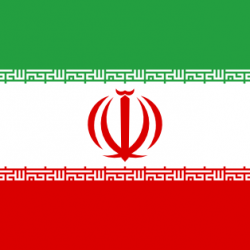
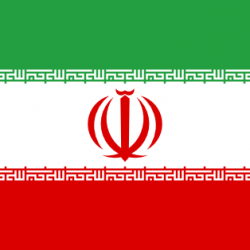
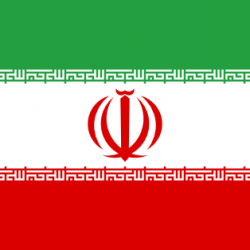
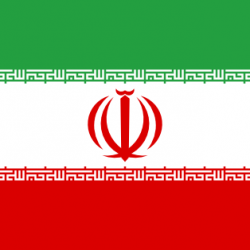
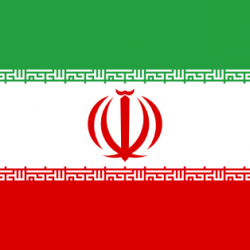
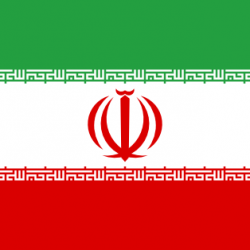
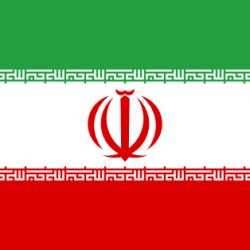
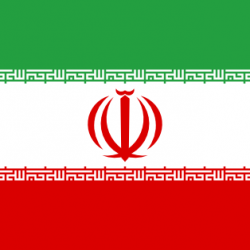
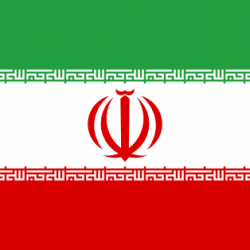
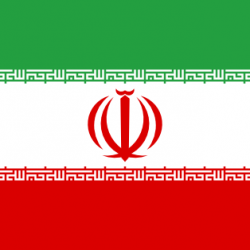
 We will not leak your personal information
We will not leak your personal information